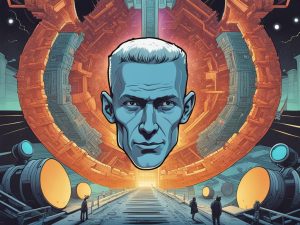OpenAI’s Potential Shift to a For-Profit Structure: What You Need to Know 🤖
This year, significant conversations circulate in the tech community regarding OpenAI, particularly concerning its potential transition from a non-profit organization to a for-profit entity. Elon Musk, a co-founder of OpenAI, has emerged as a vocal critic of this shift, claiming it may not be legally permissible. However, experts in the field suggest that such a transformation, while complicated, is achievable. Let’s delve into the details surrounding this contentious issue.
Elon Musk Voices Concerns over OpenAI’s Transformation 🌟
The tech world has recently been abuzz with discussions about OpenAI’s strategic direction. The organization, known for creating innovative technologies like ChatGPT, is contemplating a significant change—conversion from a non-profit model to a for-profit corporation. This report, highlighted by reputable news outlets, has caught the attention of several industry leaders, particularly Elon Musk, who has expressed strong opposition.
Musk took to the social media platform X (formerly Twitter) on September 26 to assert that changing a non-profit organization into a for-profit structure is not a straightforward process. He labeled the proposed move as “illegal”, igniting a spirited debate regarding the feasibility of such a legal transition. However, the realities surrounding the conversion might not align perfectly with Musk’s assertions.
Legal professionals have weighed in on the matter, indicating that California law does permit the transformation of non-profit organizations into for-profit ones, though direct conversion into a limited liability company (LLC) is not allowed. This process involves revising or rewriting the organization’s governing documents, a legal requirement that, while intricate, is feasible.
Complexities of the Transition: What the Law Says ⚖️
Once a non-profit entity is restructured into a for-profit corporation, it can subsequently undertake further transformations, including transitioning into an LLC. Jeremy Hogan, a notable attorney in the field, has confirmed that while navigating this shift presents many challenges, it is not prohibited by law. He remarked that the transition, while complex, is “possible”.
In a similar vein, ChatGPT, the AI chatbot created by OpenAI, outlined that moving from a non-profit to a profit-oriented status entails meeting various legal standards, which encompass tax implications and necessary approvals.
OpenAI’s Mission and Its Evolution 📈
Founded in 2015 in San Francisco, OpenAI aimed to create cutting-edge artificial intelligence technologies for the welfare of humanity. Among its notable founders are Sam Altman, Elon Musk, Ilya Sutskever, and Greg Brockman. Over recent years, however, OpenAI has explored the option of transforming into a for-profit firm to expedite its research and development.
While OpenAI has not yet finalized this restructuring, insiders report that the organization is considering evolving into a “public benefit corporation” (PBC). This model would allow it to pursue profit while maintaining its commitment to social impact. Presently, the company operates a for-profit division that employs the majority of its workforce, with oversight from its non-profit governance structure. This existing setup could facilitate a smoother transition toward a fully operational for-profit framework.
OpenAI has reassured stakeholders that its goal of developing AI for the broader public good remains unchanged. In a statement to the press, the organization confirmed that it is assessing the best pathway going forward in collaboration with its governing board.
Musk’s Ongoing Opposition and Legal Battles 🥊
Elon Musk, who has had ties with OpenAI since its inception, remains critical of the organization’s current trajectory. In 2024, Musk initiated a lawsuit against OpenAI and its CEO, Sam Altman, on claims of straying from the founding mission of enhancing humanity’s welfare through AI. Although he withdrew the lawsuit by June, he revived his criticisms in August of the same year, alleging that OpenAI had deviated from its original principles.
According to legal expert David Lesperance, Musk perceives OpenAI as a competitor, complicating the relationship he once held with the organization. Lesperance advises that skepticism is warranted regarding Musk’s concerns about legality, suggesting that OpenAI might already have strong legal backing to facilitate its restructuring.
If OpenAI opts to move forward with this change, it could potentially lead to a public offering (IPO) in the foreseeable future. Reports indicate that after completing the restructuring, the organization’s market valuation could reach up to $150 billion.
Sam Altman would be poised to receive shares in the newly established for-profit entity, signaling an imminent shift in organizational strategy.
The Future of OpenAI and the AI Industry 🚀
Despite Musk’s apprehensions, many analysts posit that transforming OpenAI into a for-profit organization may be a rational step. Given the AI sector’s explosive growth and the need for substantial investment to sustain innovative development, this evolution could well align with market expectations.
OpenAI’s potential transformation reflects broader trends within the technology landscape, where public benefit and profitability increasingly intertwine. As these discussions advance, the implications for the artificial intelligence field are bound to be significant.
Sources:

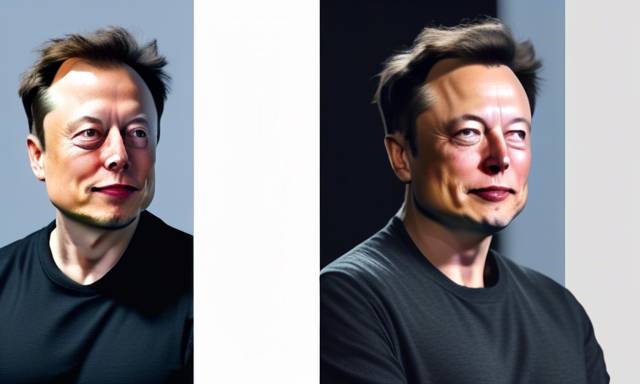
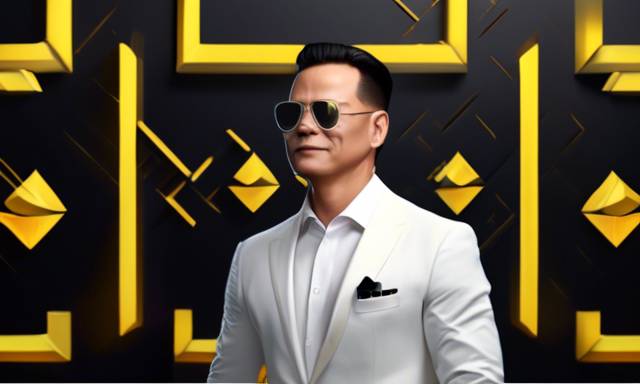
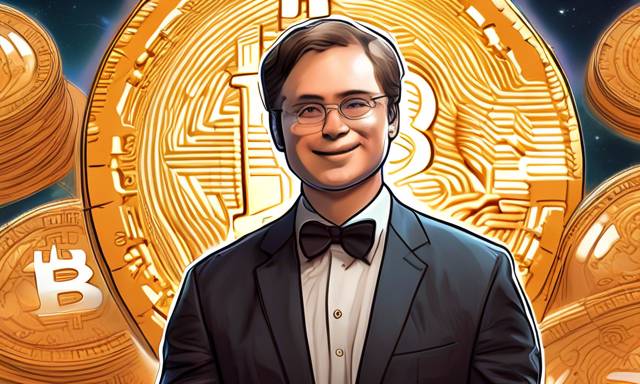

 By
By
 By
By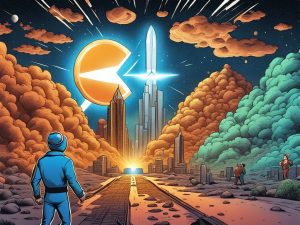

 By
By
 By
By